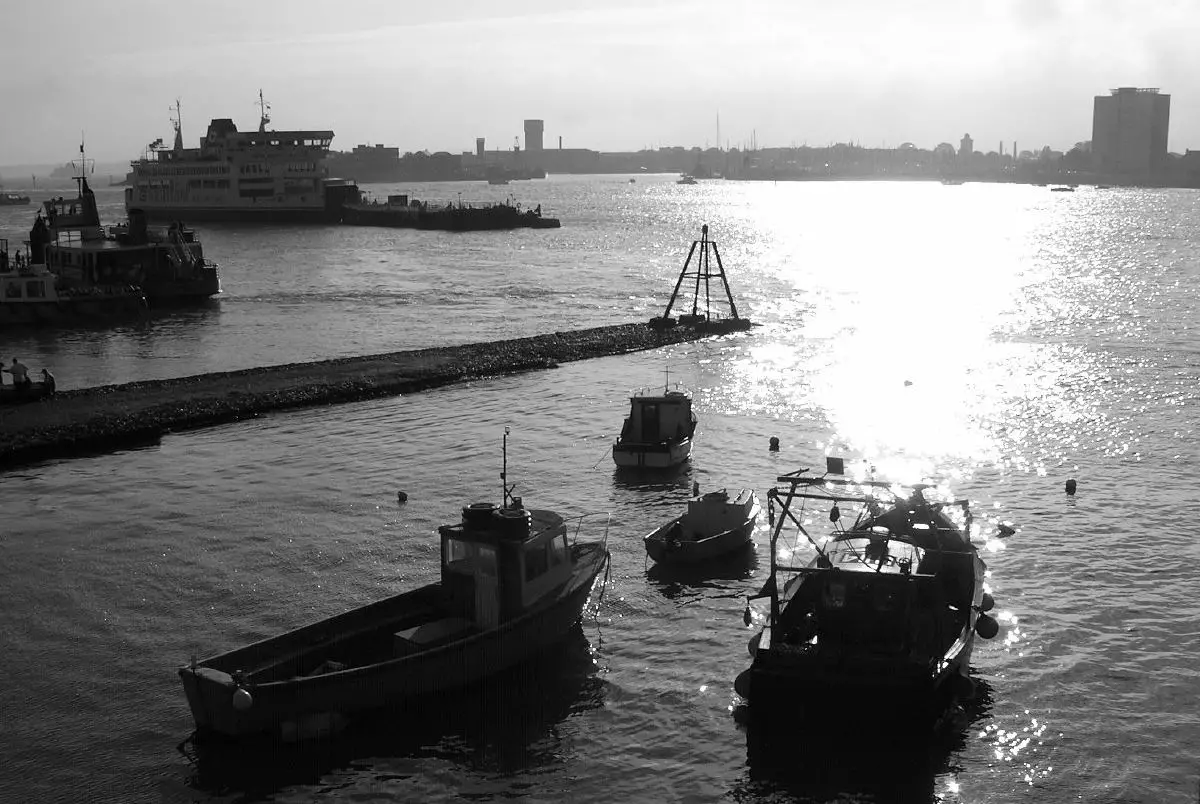Wind turbines could become part of the city’s landscape as Portsmouth International Port looks to become the first in the UK to reach zero emissions.
Solar panels, wind turbines and shore side electricity to power ships could all be installed at the port as part of a more than £10m bid to be carbon neutral by 2030 and have net zero shipping emissions by 2050.
Nine locations considered for turbines
A total of nine locations have been considered for the turbines, which would be around 40 metres in height, although it is expected only three would be needed on the quayside.
Proposals for the council-owned port come as part of a wider movement to improve air quality across the city.
Vernon-Jackson: “We are facing a climate emergency”
Portsmouth City Council leader, Councillor Gerald Vernon-Jackson, said:
“We are facing a climate emergency and as a city we have to take responsibility and direct action to combat this critical issue.
“Portsmouth International Port is the UK’s most successful municipal port and we now want to become one of the first zero emission ports.
“We have a range of environmental initiatives to improve sustainability and air quality across the city. The port’s proactive steps demonstrate the seriousness and commitment there is to tackle this issue.”
Capital funding of at least £10m needed
The strategy is expected to require capital funding of at least £10m, and it is hoped this will come from a government grant.
Mike Sellers, director of Portsmouth International Port, added:
“These proposals do require funding, but the benefits would be significant for the city, and also provide an opportunity to share our approach with the wider port industry.”
Shore power as an alternative energy source
It is thought the most effective initiative will be offering shore power as an alternative energy source.
Ships with the ability to use shore side power can plug into the port’s electrical supply, meaning they do not have to run their engines and burn fuel.
A living wall
Other ideas to reduce pollution includes the creation of a living wall – allowing plants to absorb harmful particles and pollutants.
The strategy is subject to funding and will also require planning permission from the city council.
A letter has been sent to the Department for Transport outlining the plans.
This article is from the BBC’s LDRS (Local Democracy Reporter Service) scheme, which OnTheWight is taking part in. Some alterations and additions may be been made by OnTheWight. Ed





